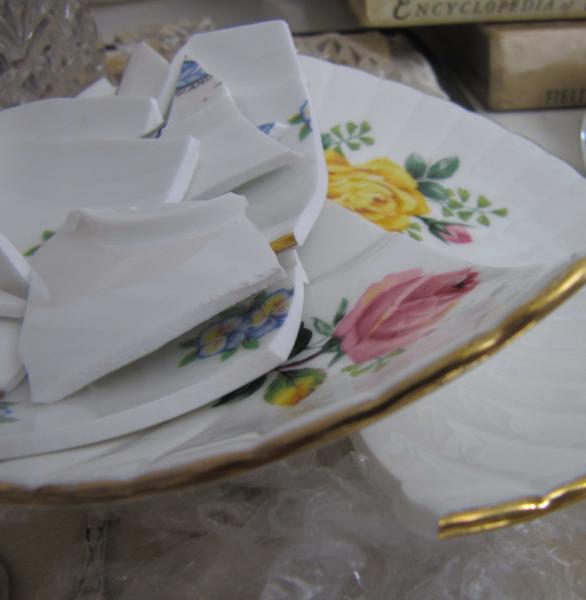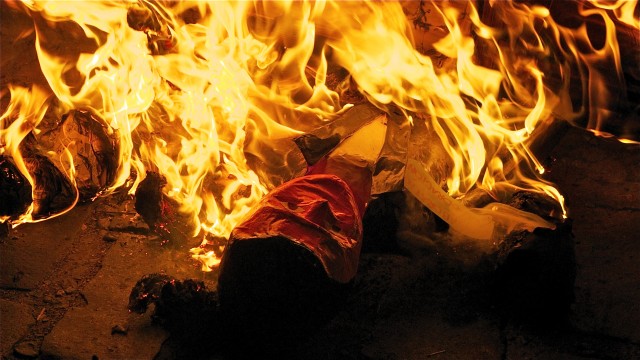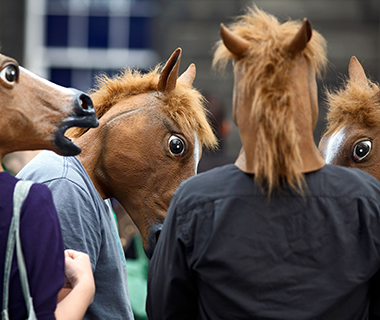New Year's Traditions Around The World

New Year's is an occasion celebrated all around the world. In every corner of the planet, people are saying goodbye to the events of the past year, with hopes and wishes for the months to come. While partying is a pretty universal activity, there are some variations in how people from different countries and cultures commemorate this global holiday. Some traditions are fairly different from how we celebrate the new year in the United States. Here's a list of several New Year's traditions practiced around the world.

Spain: For more than a century, Spaniards have celebrated New Year's by eating grapes when the clock strikes midnight on January 1. The tradition is to eat twelve grapes before the countdown to the new year ends, one for each bell toll. This century-old tradition originates from vine growers trying to sell a mass amount of grapes after a particularly good harvest. The practice is said to bring an individual good luck for the year, which is why the Spanish call it las doce uvas de la suerte, or the "twelve grapes of luck."
Central and South America: In a number of Central and South American countries like Argentina, Bolivia, Brazil, Ecuador, and Venezuela, people mark the new year by wearing underwear in a variety of colors. Each color signifies a different wish the wearer has for the year to come: for example, red indicates the wearer is looking for love, yellow that they desire money, and white that they hope for peace.

South Africa: A number of South Africans ring in the new year by throwing old appliances out the window, while others ring church bells and celebrate by shooting guns in the air, both of which are rather dangerous traditions. It's not exactly known how these hazardous celebratory practices came about, but BBC News reports that police in Johannesburg have been trying to stop residents from shoving their refrigerators out their windows.


Denmark: Some Danish people throw plates and glasses at their friends' houses to celebrate New Year's. Others save old food throughout the year and throw it at their neighbor's houses at midnight. Those households that find a lot of broken glass at their doorsteps are supposed to have much good luck in the new year.


Chile: Chileans eat spoonfuls of lentils at midnight on New Year's. The legumes are meant to bring the consumer a year full of work and money. People in Chile will also clean their houses, sweeping from the inside out in order to get rid of any bad energy that may have accumulated over the past year.

Japan: For New Year's, the Japanese dress up as the upcoming year's zodiac animal (which in 2014 is the horse). They also send friends and family postcards decorated with zodiac animals. People in Japan also decorate their houses with paper lobsters, which are meant to signify longevity. Like Chileans and people of many other cultures, they clean their houses, in order to purify their homes for the new year.
Reach Staff Reporter Giulia Sagramoso here.



